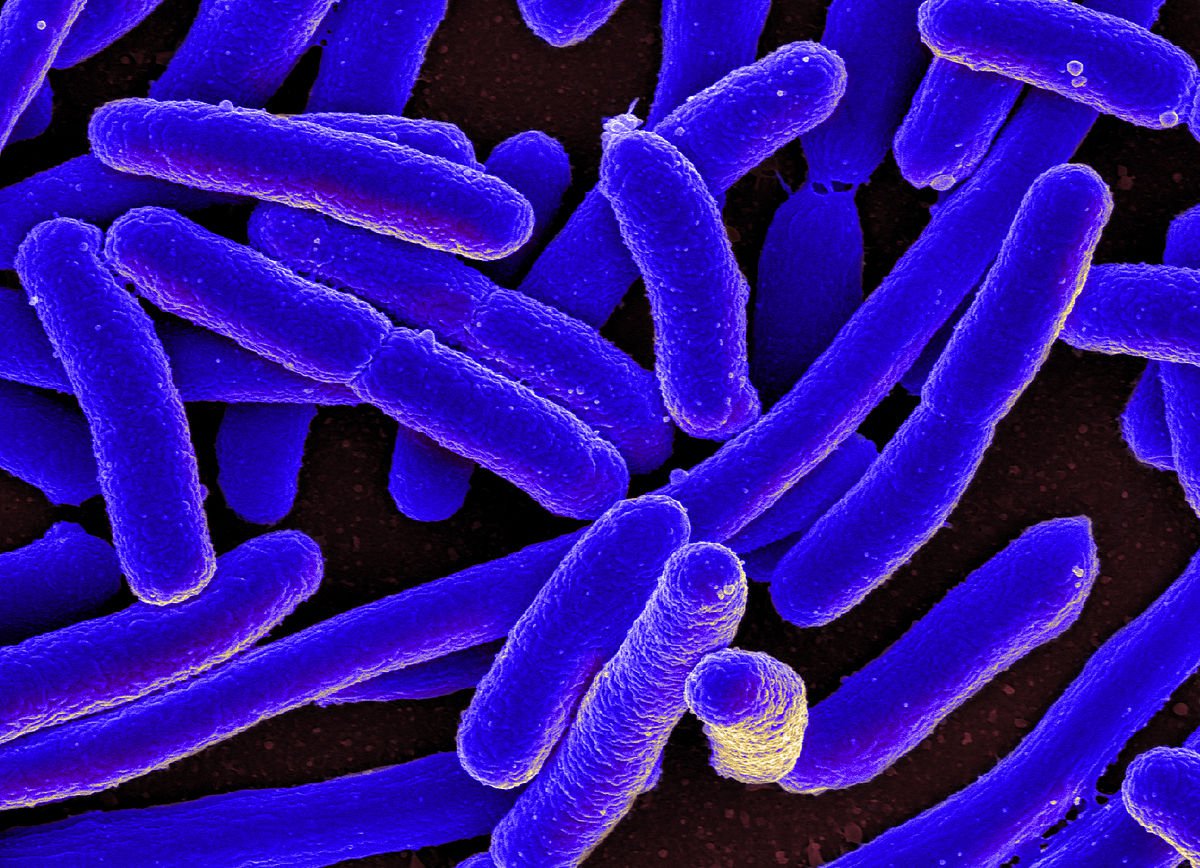'Green' technology
Nowadays, our electronics need to be smaller and smaller. For this, nanowires are essential. Unfortunately, the current way nanowires are made is bad for the environment. So scientists came up with a sustainable alternative using microbes as nanowire factories. Back in 2017, you could read on the Micropia's website about the development of green nanowires by microbes from the group of Geobacter bacteria . Scientists then already predicted the possible applications of the electrically conductive pili, a type of hair, of these bacteria for durable electronics.
Helping hand
In new research, scientists used the pili of Geobacter sulfurreducens to produce the nanowires. However, G. sulfurreducens proved to be very picky and therefore difficult to cultivate, making mass production of the wires impossible. Therefore, the researchers used Escherichia coli to take over the work of G. sulfurreducens. They inserted the "nanowire gene" into E coli so that this well-known, rapidly culturable bacterium would now produce the nanowires.
Genetically more sensitive
After genetically modifying E. coli, this bacterium began to grow tiny nanowires. The researchers harvested these nanowires and built them into a sensor. The sensor turned out to function better than sensors with artificial nanowires. But that's not tall. Because the researchers also built in the gene for the DLESFL peptide - which is extremely sensitive to ammonia - the nanowires also became about 100 times more sensitive to this substance.
Sustainable diagnosis
Not only does this contribute to making electronics more sustainable, it is specifically good news for the medical world, especially for diagnostics. Ammonia can, in fact, be found in the breath of people with kidney disease, which could improve diagnosis with this "bacterial sensor. Using the same technique, the researchers hope to create more durable sensors that are sensitive to a variety of different substances and are as good or better than sensors with artificial nanowires.
Source
Yassir Lekbach, Toshiyuki Ueki, Xiaomeng Liu, Trevor Woodard, Jun Yao, Derek R. Lovley. Microbial nanowires with genetically modified peptide ligands to sustainably fabricate electronic sensing devices. Biosensors and Bioelectronics, 2023; 226: 115147 DOI: 10.1016/j.bios.2023.115147

